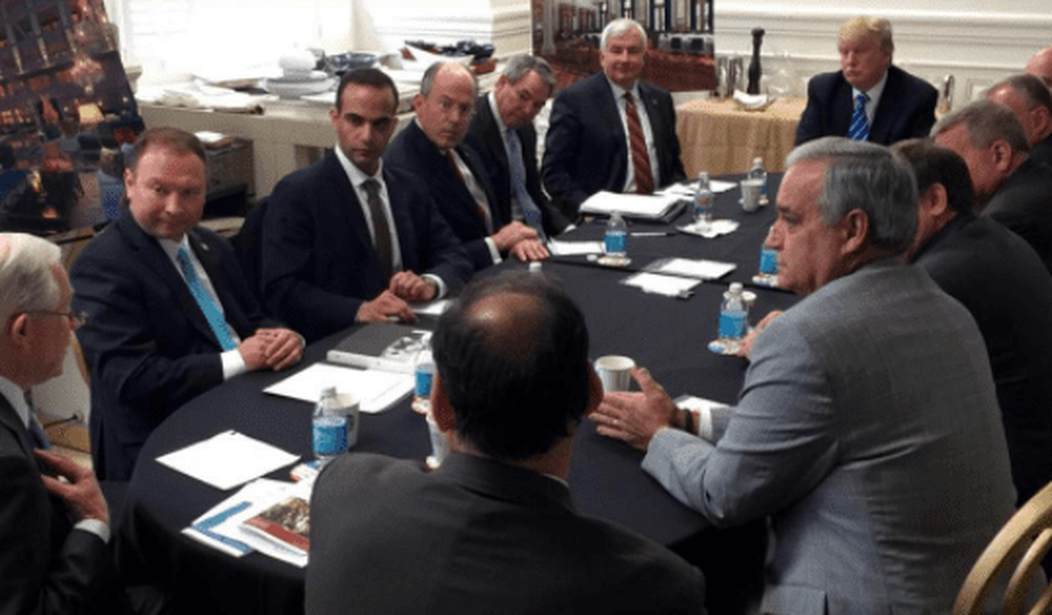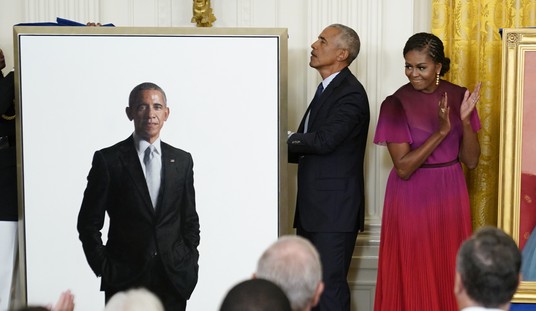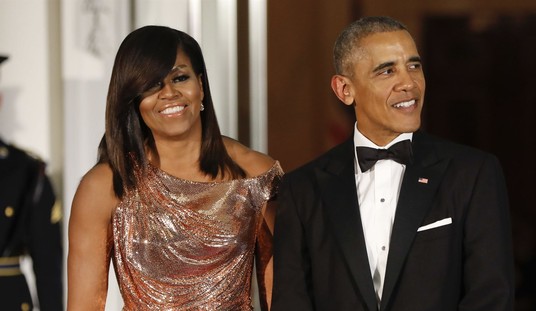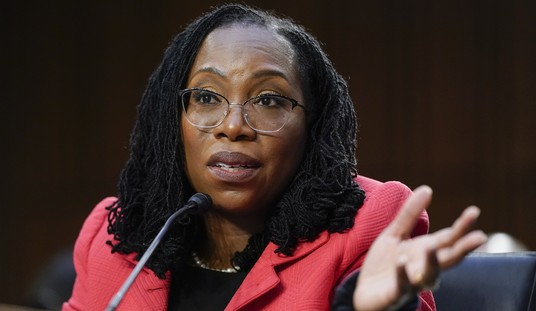WASHINGTON — A former Trump campaign foreign policy aide who tried to set up a meeting between the presidential candidate and the Russian government pleaded guilty to lying to federal agents about the nature and timing of his contacts.
Federal officials asked that the case remain sealed until today because “premature disclosure” would “significantly undermine his ability to serve as a proactive cooperator” in the overall Russia campaign-influence investigation.
The Oct. 5 guilty plea from George Papadopoulos was unsealed on the same day as indictments against former campaign chairman Paul Manafort and his aide Rick Gates were unsealed, and the pair surrendered to the FBI. Manafort and Gates face a 12-count indictment including conspiracy against the United States, conspiracy to launder money, unregistered agent of a foreign principal, false and misleading FARA statements, false statements, and seven counts of failure to file reports of foreign bank and financial accounts.
Papadopoulos was charged to have lied on Jan. 27 to D.C. FBI agents in their investigation “about the timing, extent, and nature of his relationships and interactions with certain foreign nationals whom he understood to have close connections with senior Russian government officials.” He was arrested July 27 at Dulles airport.
The 30-year-old aide from Chicago, a former research fellow at the Hudson Institute with a focus on international energy issues, advised Ben Carson’s presidential campaign for a few months before joining the Trump camp in May 2016. He gave an interview to Russian news agency Interfax at the end of September 2016 vowing that Trump would “restore the trust” that President Obama had squandered with Russia.
According to the statement of offense from special counsel Robert Mueller’s office, Papadopoulos told investigators that his contacts with a Russian professor with known “substantial connections to Russian government officials,” in which the Russian promised “dirt” on Hillary Clinton, took place before the campaign when they actually began shortly after he joined Team Trump. “The professor only took interest in defendant Papadopoulos because of his status with the campaign,” the document states.
Papadopoulos also tried to pass off the professor as “a nothing” to investigators when the campaign aide “understood” that the Russian had met with Kremlin officials “immediately prior” to telling Papadopoulos about “thousands of emails” regarding Clinton. He “repeatedly sought to use the professor’s Russian connections in an effort to arrange a meeting between the campaign and Russian government officials.”
The aide also lied to investigators about meeting “a certain female Russian national,” saying he met her before the campaign and only exchanged pleasantries with her. Papadopoulos actually met her after he had become a campaign adviser and “sought to use her Russian connections over a period of months in an effort to arrange a meeting between the campaign and Russian government officials.”
“Through his false statements and omissions, defendant Papadopoulos impeded the FBI’s ongoing investigation into the existence of links or any coordination between individuals associated with the campaign and the Russian government’s efforts to interfere with the 2016 presidential election,” states the court filing.
Papadopoulos, the document continued, was living in London at the time he was tapped to join the Trump campaign and “understood that a principal foreign policy focus of the campaign was an improved U.S. relationship with Russia.” Trump named Papadopoulos as one of five foreign policy advisors in a March Washington Post interview.
Three days later, he met with the Russian professor who promised dirt on Clinton and the Russian woman, who the professor introduced as a relative of Russian President Vladimir Putin; Papadopoulos later described her in an email to the Trump campaign supervisor as Putin’s niece and said he met with them and the Russian ambassador to the UK “to arrange a meeting between us and the Russian leadership to discuss U.S.-Russia ties under President Trump.” The campaign supervisor lauded the aide for “great work.”
Papadopoulos attended a March 31, 2016, national security meeting with Trump — tweeted by the then-candidate, including the aide in the photo — at which the advisor stated “that he had connections that could help arrange a meeting” between Trump and Putin. The court filing extensively details Papadopoulos’ communications in an effort to set up such a “history-making” meeting.
#MakeAmericaGreatAgain #Trump2016https://t.co/aANxirUJJD pic.twitter.com/VlMynYN3sd
— Donald J. Trump (@realDonaldTrump) April 1, 2016
The aide agreed to meet for a voluntary interview with FBI agents after Inauguration Day on Jan. 27, at which he “made numerous false statements and omitted material facts,” including about contacts with a Russian Ministry of Foreign Affairs connection.
Papadopoulos was interviewed again, with counsel present, on Feb. 16. He deactivated his Facebook account, “which contained information about communications he had with the professor and the Russian MFA connection,” the next day, and created a new account. He also started using a new cell phone number a week later.
After his July 27 arrest upon arriving at Dulles International Airport outside D.C., Papadopoulos “met with the government on numerous occasions to provide information and answer questions.”
The plea agreement notes that “the government agrees to bring to the court’s attention at sentencing the defendant’s efforts to cooperate with the government, on the condition that your client continues to respond and provide information regarding any and all matters as to which the government deems relevant.
Papadopoulos’ attorneys released a brief statement saying they would “refrain from commenting” today and “look forward to telling all of the details of George’s story” at a later date.









Join the conversation as a VIP Member